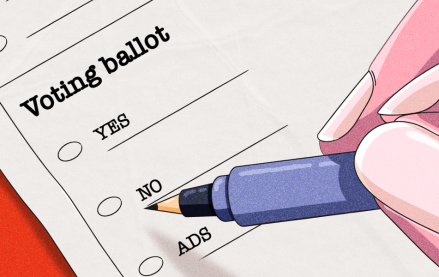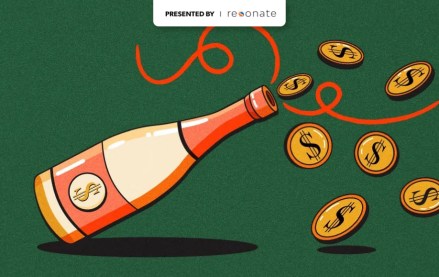
Turns out the Snapchat lens store was more of a pop-up shop.
Snapchat is shutting down the lens store less than two months after it opened. In November, the platform put some of its popular lenses — essentially glorified photo filters — behind a paywall, charging users a 99 cents apiece to splash rainbow puke and other stickers across their photos. Almost immediately, the Internet lashed Snapchat telling it that “no one is going to buy those filters, losers.” Apparently not!
Snapchat says in a blog post that the store will close on Friday and that purchased lenses can still be used after it shutters. Some of the most popular paid lenses won’t be made free again for awhile. Moving forward, Snapchat will distribute 10 free lenses, up from the seven it offers now.
Selling lenses was the second Snapchat foray into in-app purchases, the first being selling replays of videos snaps from three replays for .99 cents to $4.99 for 20 repeats.
It’s unclear why Snapchat is closing the store, even though it sold tens of thousands every day, according to sources close to the platform. The company can make a lot more money from selling sponsored selfies, like this one produced for the Peanuts movie, which can cost brands between $475,000 to $700,000.
Also, axing the lens store shows that Snapchat is focusing its money making efforts to more lucrative places. As Digiday first reported yesterday, it’s building an API that would let third-party technology partners plug in and start buying ad spots.
Instead of puking rainbows, the company would rather print money. Go figure.
More in Media

Publishers revamp their newsletter offerings to engage audiences amid threat of AI and declining referral traffic
Publishers like Axios, Eater, the Guardian, theSkimm and Snopes are either growing or revamping their newsletter offerings to engage audiences as a wave of generative AI advancements increases the need for original content and referral traffic declines push publishers to find alternative ways to reach readers.

The Guardian US is starting its pursuit of political ad dollars
The Guardian US is entering the race for political ad dollars.

How much is Possible’s future in Michael Kassan’s hands?
Some people in the know at Possible said they see the conference taking a bite out of Cannes’ attendance, most acutely by U.S.-based marketers who could save money by staying on this side of the Atlantic.





